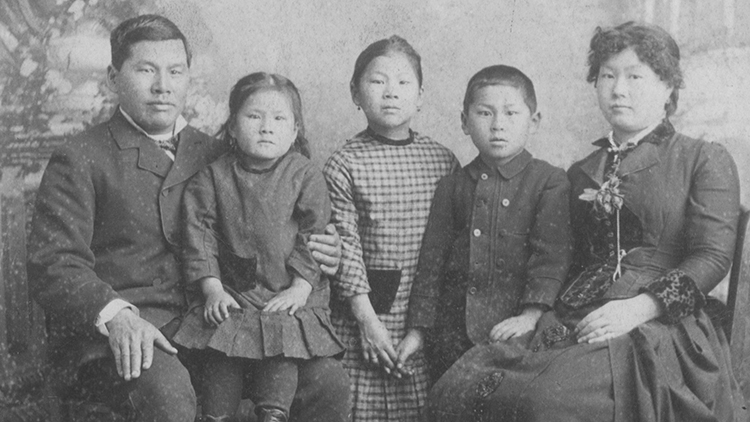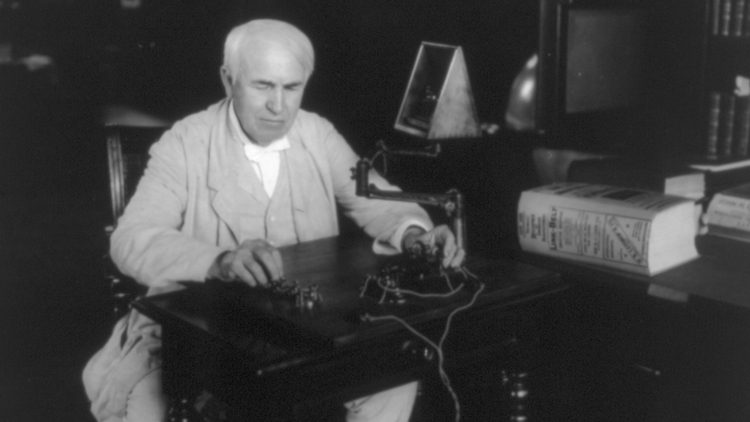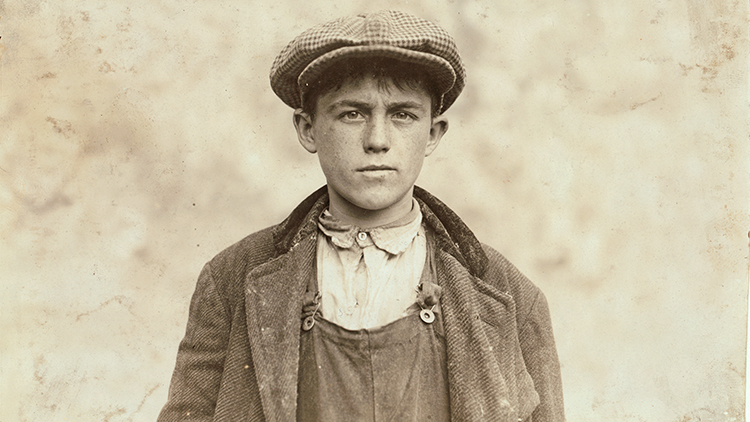
May is Asian-Pacific American Heritage Month. It’s a great time to learn more about Asian Americans and Pacific Islanders and what they have contributed to the United States. You may already know about court cases about school segregation [sending children to different schools based on their race]. The Tape family went to court to fight for fair schools.
Jeu Dip was born in southern China. He came to the United States in 1864, when he was 12 years old. He got a job working as a house servant for a dairy rancher. Later, he drove a wagon that delivered milk. In 1875, he married Mary McGladery. She had come to the United States from China when was 11. Jeu took the name Joseph, and they adopted the last name, Tape. By the late 1870s, Joseph was operating a successful business in San Francisco. People in both the White and Chinese communities respected him. He and Mary had three children.
In 1884, Joseph and Mary tried to enroll their oldest daughter, Mamie, at an all-white school. The Principal, Jennie Hurley, refused to admit her. The school board had a policy against admitting Chinese children into the schools. California had a law that all children were entitled to a public education. But there was a lot of prejudice against Chinese immigrants in California. White people did not want the Chinese children in their schools.
Joseph and Mary decided to fight back against this prejudice. Mary wrote a letter to a newspaper to say why the decision wasn’t fair. She said her daughter was no different from her white friends. The Tapes filed a lawsuit against the teacher and the Board of Education. The Tapes won their lawsuit. But they moved to another city in California where their children could attend schools where children were not separated by race.
What Do You Think? Why do you think the court case was so important? What do you know about other cases about segregation?
Photo Credit: Smith Collection/Gado/Archive Photos/Getty Images



